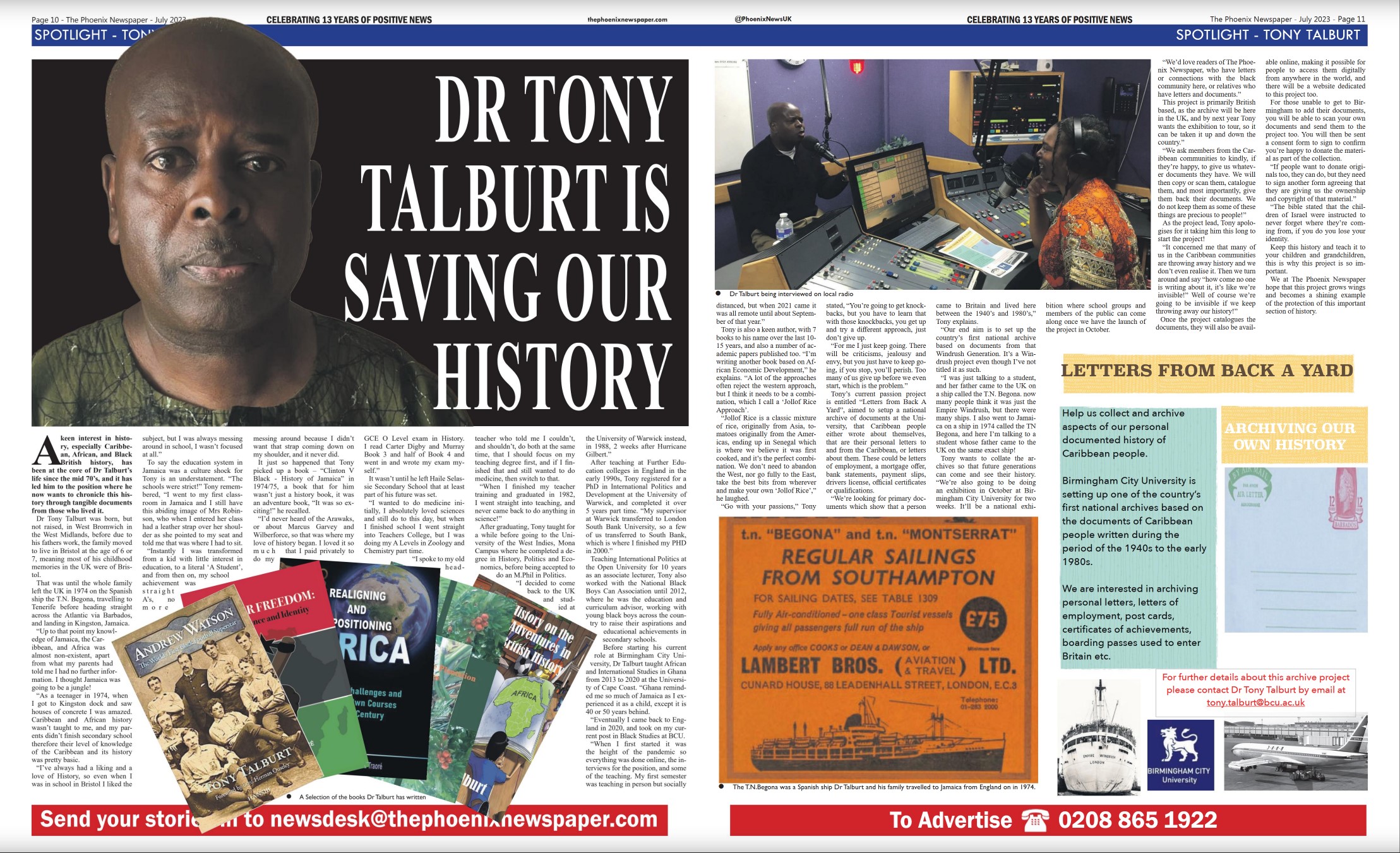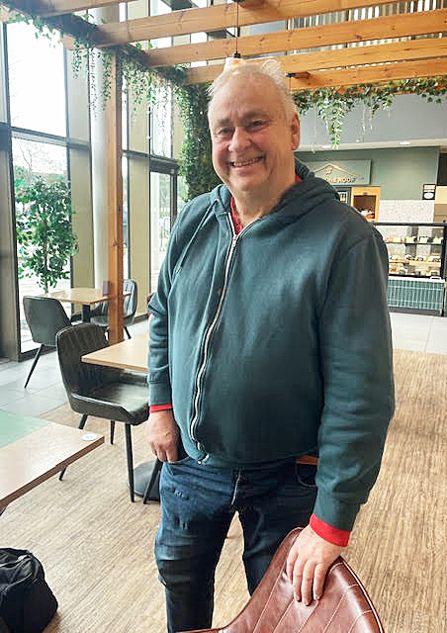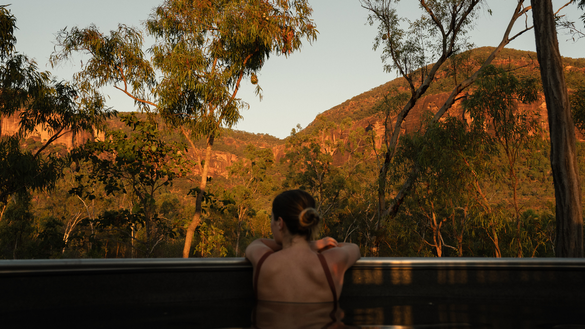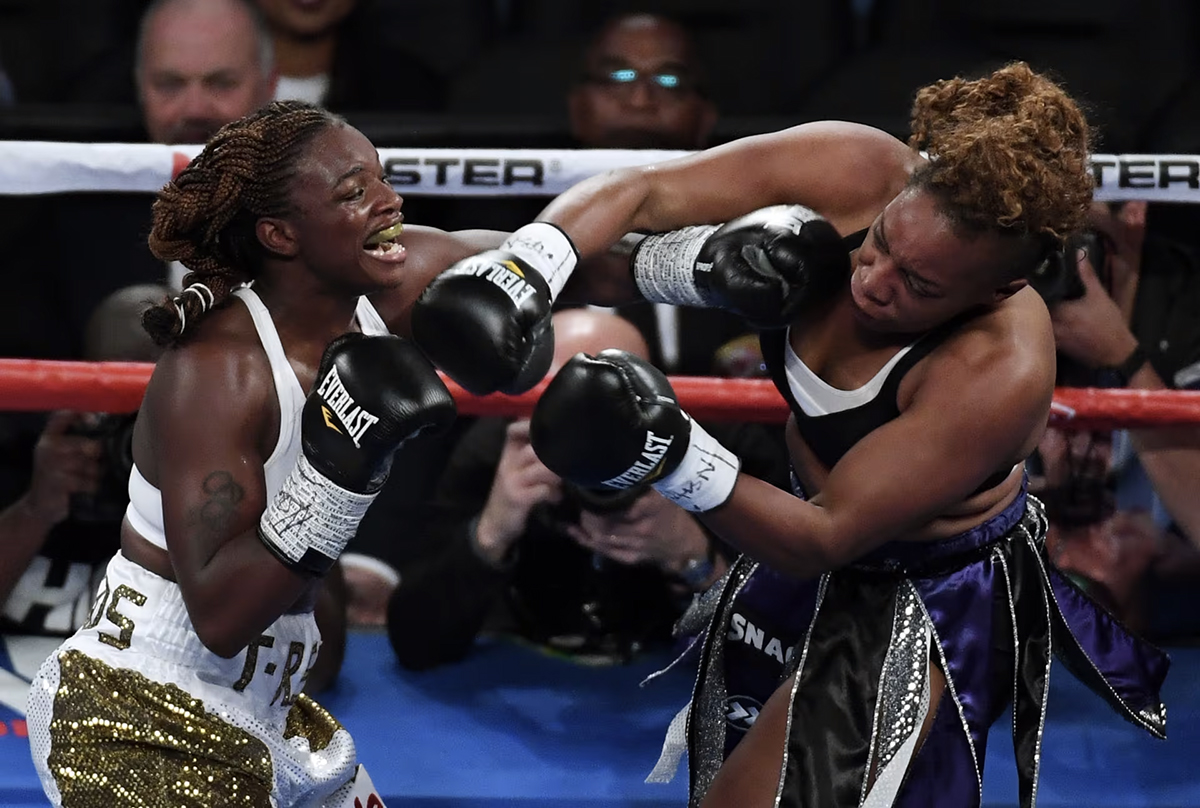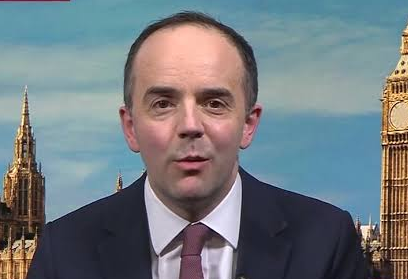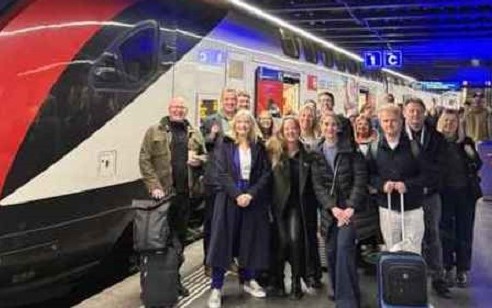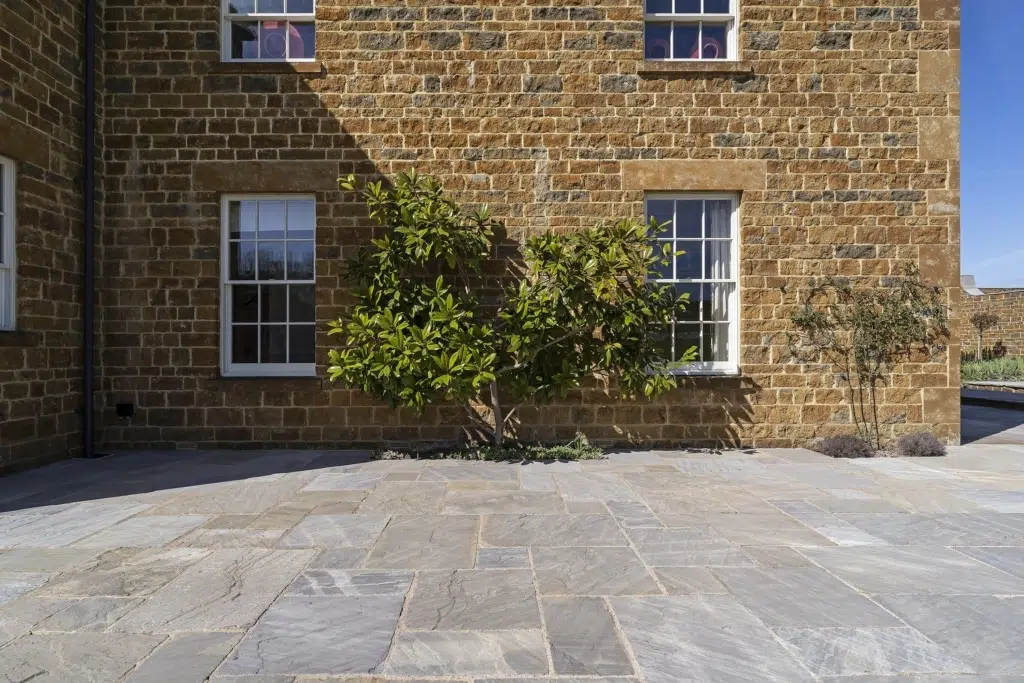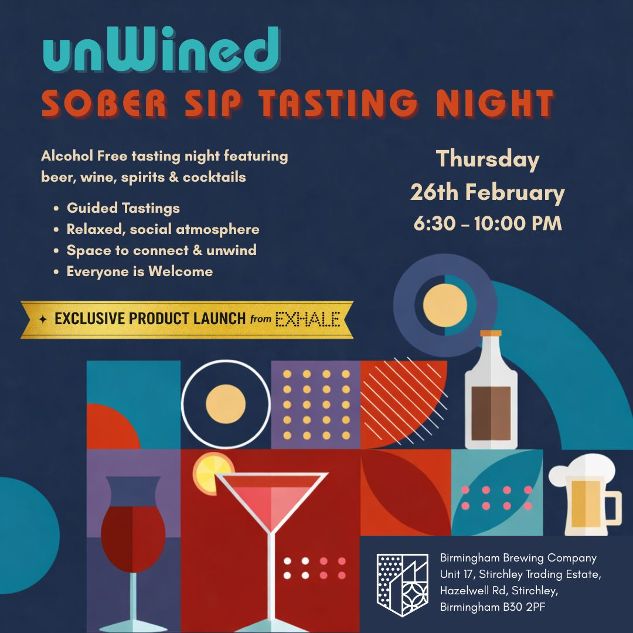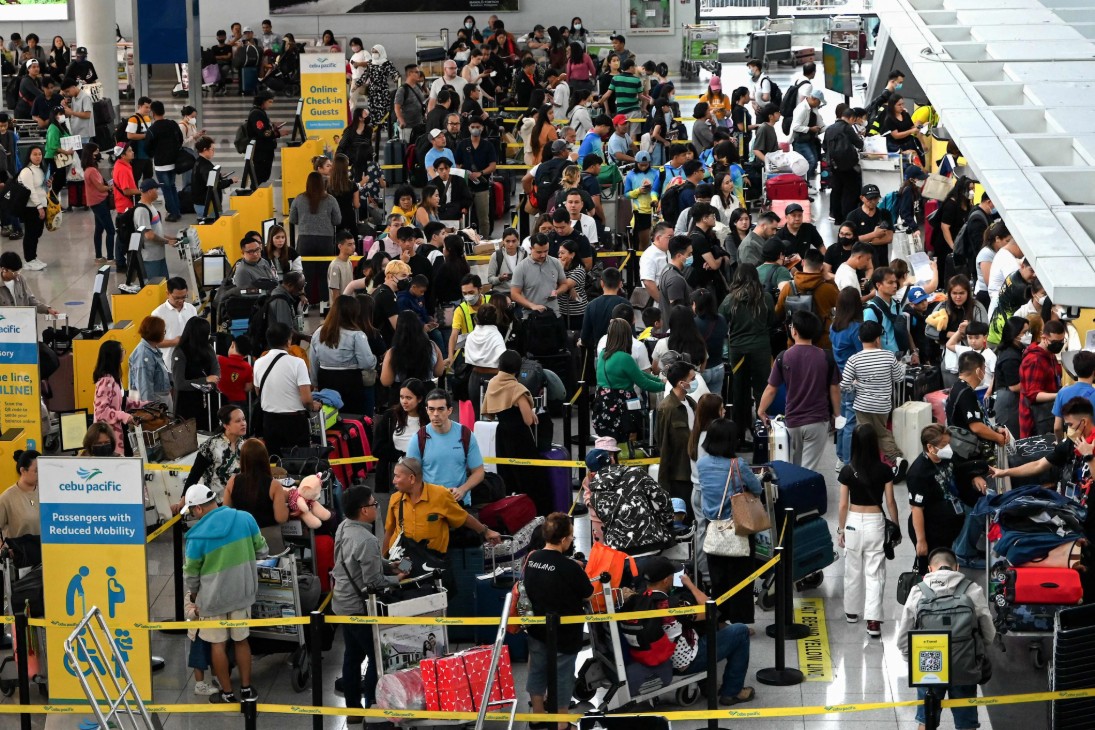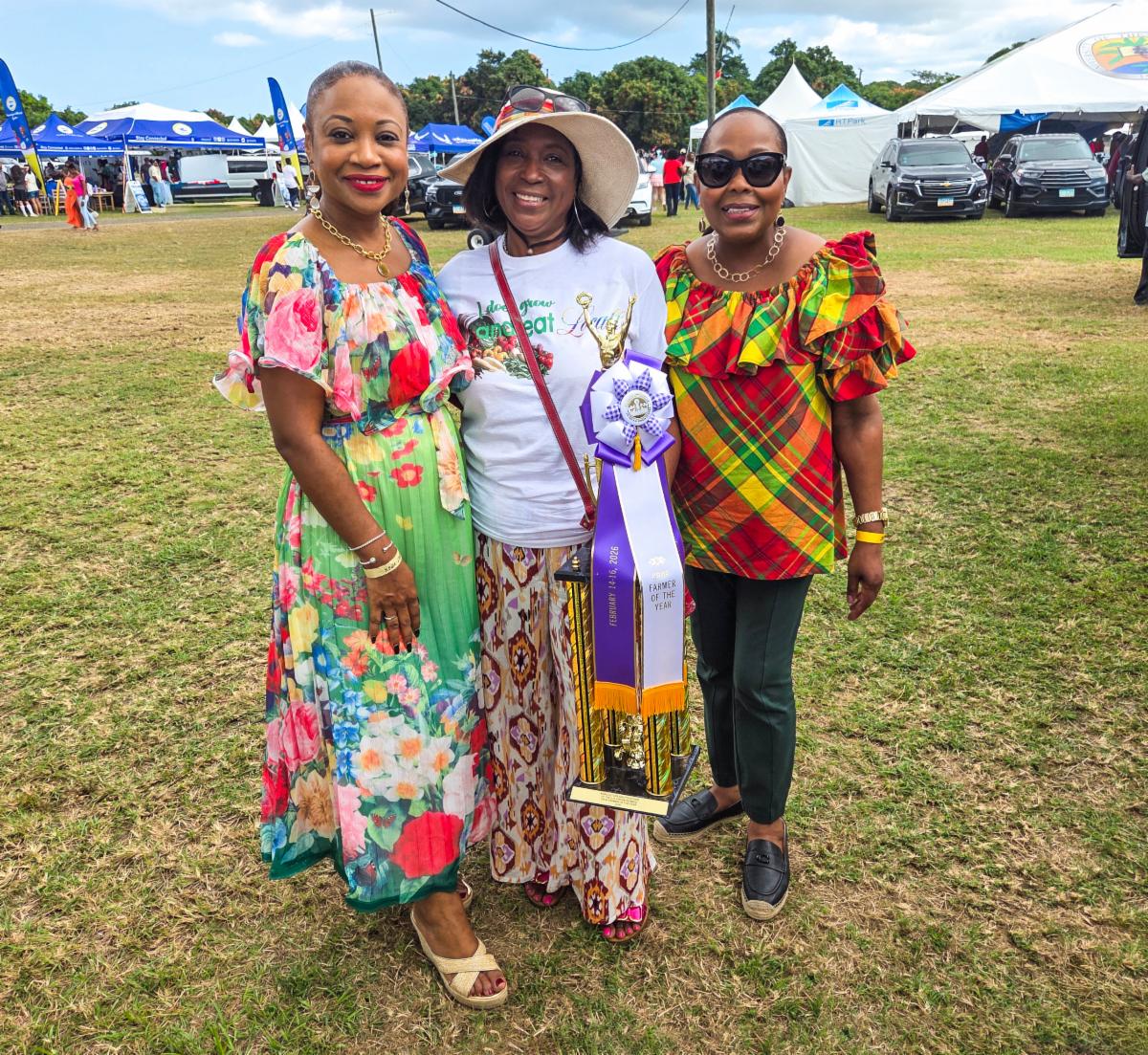A keen interest in history, especially Caribbean, African, and Black British history, has been at the core of Dr Talburt’s life since the mid 70’s, and it has lead him to the position where he now wants to chronicle this history through tangible documents from those who lived it.
Dr Tony Talburt was born, but not raised, in West Bromwich in the West Midlands, before due to his fathers work, the family moved to live in Bristol at the age of 6 or 7, meaning most of his childhood memories in the UK were of Bristol.
That was until the whole family left the UK in 1974 on the Spanish ship the T.N. Begona, travelling to Tenerife before heading straight across the Atlantic via Barbados, and landing in Kingston, Jamaica.
“Up to that point my knowledge of Jamaica, the Caribbean, and Africa was almost non-existent, apart from what my parents had told me I had no further information. I thought Jamaica was going to be a jungle!
“As a teenager in 1974, when I got to Kingston dock and saw houses of concrete I was amazed. Caribbean and African history wasn’t taught to me, and my parents didn’t finish secondary school therefore their level of knowledge of the Caribbean and its history was pretty basic.
“I’ve always had a liking and a love of History, so even when I was in school in Bristol I liked the subject, but I was always messing around in school, I wasn’t focused at all.”
To say the education system in Jamaica was a culture shock for Tony is an understatement. “The schools were strict!” Tony remembered, “I went to my first classroom in Jamaica and I still have this abiding image of Mrs Robinson, who when I entered her class had a leather strap over her shoulder as she pointed to my seat and told me that was where I had to sit.
“Instantly I was transformed from a kid with little interest in education, to a literal ‘A Student’, and from then on, my school achievement was straight A’s, no more messing around because I didn’t want that strap coming down on my shoulder, and it never did.
It just so happened that Tony picked up a book – “Clinton V Black - History of Jamaica” in 1974/75, a book that for him wasn’t just a history book, it was an adventure book, “It was so exciting!” he recalled.
“I’d never heard of the Arawaks, or about Marcus Garvey and Wilberforce, so that was where my love of history began. I loved it so much that I paid privately to do my GCE O Level exam in History. I read Carter Digby and Murray Book 3 and half of Book 4 and went in and wrote my exam myself.”
It wasn’t until he left Haile Selassie Secondary School that at least part of his future was set.
“I wanted to do medicine initially, I absolutely loved sciences and still do to this day, but when I finished school I went straight into Teachers College, but I was doing my A Levels in Zoology and Chemistry part time.
“I spoke to my old headteacher who told me I couldn’t, and shouldn’t, do both at the same time, that I should focus on my teaching degree first, and if I finished that and still wanted to do medicine, then switch to that.
“When I finished my teacher training and graduated in 1982, I went straight into teaching, and never came back to do anything in science!”
After graduating, Tony taught for a while before going to the University of the West Indies, Mona Campus where he completed a degree in History, Politics and Economics, before being accepted to do an M.Phil in Politics.
“I decided to come back to the UK and studied at the University of Warwick instead, in 1988, 2 weeks after Hurricane Gilbert.”
After teaching at Further Education colleges in England in the early 1990s, Tony registered for a PhD in International Politics and Development at the University of Warwick, and completed it over 5 years part time. “My supervisor at Warwick transferred to London South Bank University, so a few of us transferred to South Bank, which is where I finished my PHD in 2000.”
Teaching International Politics at the Open University for 10 years as an associate lecturer, Tony also worked with the National Black Boys Can Association until 2012, where he was the education and curriculum advisor, working with young black boys across the country to raise their aspirations and educational achievements in secondary schools.
Before starting his current role at Birmingham City University, Dr Talburt taught African and International Studies in Ghana from 2013 to 2020 at the University of Cape Coast. “Ghana reminded me so much of Jamaica as I experienced it as a child, except it is 40 or 50 years behind.
“Eventually I came back to England in 2020, and took on my current post in Black Studies at BCU.
“When I first started it was the height of the pandemic so everything was done online, the interviews for the position, and some of the teaching. My first semester was teaching in person but socially distanced, but when 2021 came it was all remote until about September of that year.”
Tony is also a keen author, with 7 books to his name over the last 10-15 years, and also a number of academic papers published too. “I’m writing another book based on African Economic Development,” he explains. “A lot of the approaches often reject the western approach, but I think it needs to be a combination, which I call a ‘Jollof Rice Approach’.
“Jollof Rice is a classic mixture of rice, originally from Asia, tomatoes originally from the Americas, ending up in Senegal which is where we believe it was first cooked, and it’s the perfect combination. We don’t need to abandon the West, nor go fully to the East, take the best bits from wherever and make your own ‘Jollof Rice’,” he laughed.
“Go with your passions,” Tony stated, “You’re going to get knockbacks, but you have to learn that with those knockbacks, you get up and try a different approach, just don’t give up.
“For me I just keep going. There will be criticisms, jealousy and envy, but you just have to keep going, if you stop, you’ll perish. Too many of us give up before we even start, which is the problem.”
Tony’s current passion project is entitled “Letters from Back A Yard”, aimed to setup a national archive of documents at the University, that Caribbean people either wrote about themselves, that are their personal letters to and from the Caribbean, or letters about them. These could be letters of employment, a mortgage offer, bank statements, payment slips, drivers license, official certificates or qualifications.
“We’re looking for primary documents which show that a person came to Britain and lived here between the 1940’s and 1980’s,” Tony explains.
“Our end aim is to set up the country’s first national archive based on documents from that Windrush Generation. It’s a Windrush project even though I’ve not titled it as such.
“I was just talking to a student, and her father came to the UK on a ship called the T.N. Begona. now many people think it was just the Empire Windrush, but there were many ships. I also went to Jamaica on a ship in 1974 called the TN Begona, and here I’m talking to a student whose father came to the UK on the same exact ship!
Tony wants to collate the archives so that future generations can come and see their history. “We’re also going to be doing an exhibition in October at Birmingham City University for two weeks. It’ll be a national exhibition where school groups and members of the public can come along once we have the launch of the project in October.
“We’d love readers of The Phoenix Newspaper, who has letters or connections with the black community here, or relatives who have letters and documents.”
This project is primarily British based, as the archive will be here in the UK, and by next year Tony wants the exhibition to tour, so it can be taken it up and down the country.”
“We ask members from the Caribbean communities to kindly, if they’re happy, to give us whatever documents they have. We will then copy or scan them, catalogue them, and most importantly, give them back their documents. We do not keep them as some of these things are precious to people!”
As the project lead, Tony apologises for it taking him this long to start the project!
“It concerned me that many of us in the Caribbean communities are throwing away history and we don’t even realise it. Then we turn around and say “how come no one is writing about it, it’s like we’re invisible!” Well of course we’re going to be invisible if we keep throwing away our history!”
Once the project catalogues the documents, they will also be available online, making it possible for people to access them digitally from anywhere in the world, and there will be a website dedicated to this project too.
For those unable to get to Birmingham to add their documents, you will be able to scan your own documents and send them to the project too. You will then be sent a consent form to sign to confirm you’re happy to donate the material as part of the collection.
“If people want to donate originals too, they can do, but they need to sign another form agreeing that they are giving us the ownership and copyright of that material.”
“The bible stated that the children of Israel were instructed to never forget where they’re coming from, if you do you lose your identity.
Keep this history and teach it to your children and grandchildren, this is why this project is so important.
We at The Phoenix Newspaper hope that this project grows wings and becomes a shining example of the protection of this important section of history.



